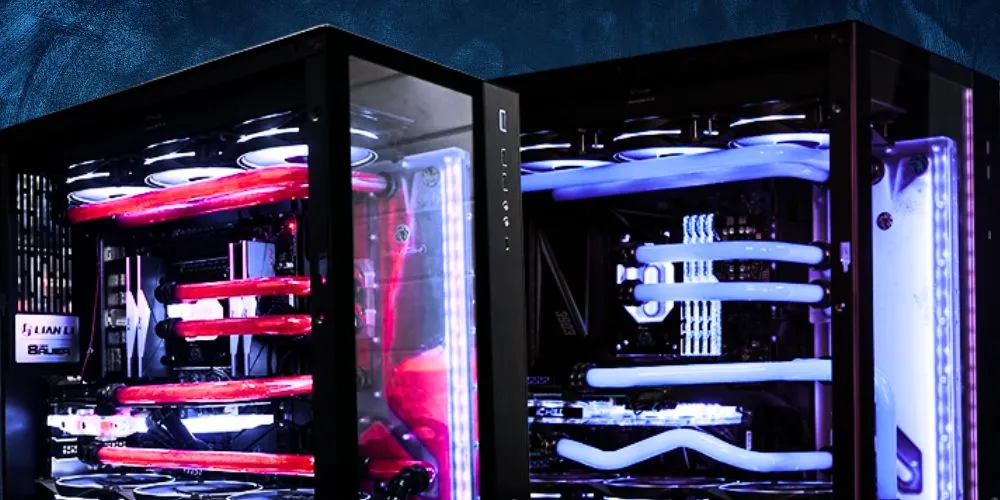Liquid cooling systems have become increasingly popular among PC enthusiasts and professionals who demand high-performance computing. These systems promise better thermal management than traditional air cooling. However, their higher cost and maintenance requirements raise the question: are liquid cooling systems truly worth the hype, or are they an unnecessary luxury for most users?
Superior Cooling Performance
One of the primary reasons liquid cooling systems have gained attention is their superior cooling efficiency. Unlike air coolers, which rely on fans and heatsinks to dissipate heat, liquid coolers use a closed-loop system with coolant to transfer heat away from critical components more effectively. This results in lower CPU and GPU temperatures, enhancing performance, especially in demanding applications such as gaming, 3D rendering, and overclocking.
Aesthetic Appeal and Customization
Liquid cooling systems offer a visually appealing aesthetic for many PC builders. They provide a modern, sophisticated look with customizable RGB lighting, transparent tubing, and sleek radiator designs. Many enthusiasts value the ability to personalize their cooling setups to match their overall PC build, which contributes to the growing demand for liquid cooling solutions.
Cost vs. Benefit Consideration
While liquid cooling offers impressive performance and aesthetics, it is also significantly more expensive. Liquid cooling systems can be considerably more expensive than high-end air coolers, with custom loop setups reaching several hundred dollars. The added expense may not justify the performance gains for users who do not push their hardware to its limits, making air cooling a more budget-friendly and practical choice.
Maintenance and Potential Risks
One downside of liquid cooling is the maintenance it requires. Custom liquid cooling loops need regular monitoring for leaks, coolant replacement, and cleaning to prevent blockages and corrosion. Even closed-loop all-in-one (AIO) systems have a finite lifespan and can develop issues over time. The risk of leaks also poses a potential threat to expensive hardware components, which can deter some users from adopting liquid cooling solutions.
Suitability for Different Users
Liquid cooling systems can significantly benefit extreme gamers, overclockers, and content creators working with resource-intensive applications by maintaining stable temperatures and prolonging component lifespans. However, for casual users or those with standard workloads, high-quality air cooling solutions can offer a reliable and cost-effective alternative without the added complexity.
Conclusion
Liquid cooling systems undoubtedly offer superior cooling performance and a stylish look, but their high cost, maintenance requirements, and potential risks make them a specialized solution. While they may be worth the investment for those who demand peak performance, traditional air cooling remains a practical and efficient choice for the average user.










